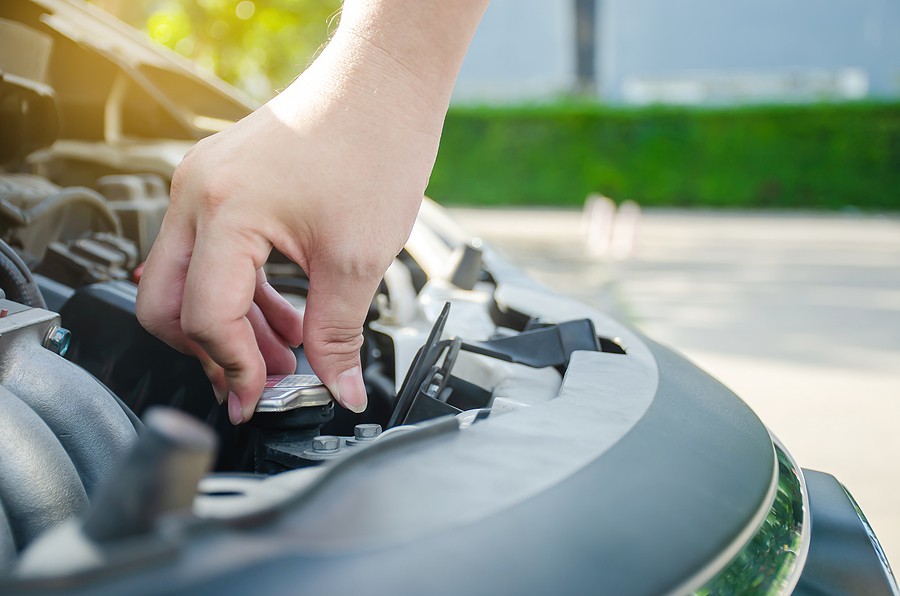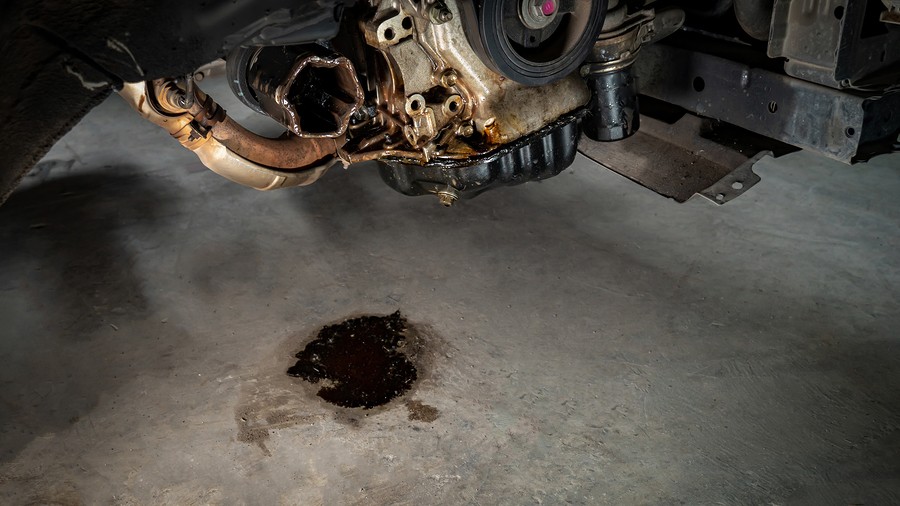The most common signs of a coolant leak in a 2018 Nissan Altima include the following:
- Visible coolant pooling
- Engine overheating
- The sweet smell inside the car
- Low coolant level
The 2018 Nissan Altima is known for its reliability and comfort. Many people prefer this sedan vehicle among others from the same class to enjoy its efficient performance.
As a 2018 Nissan Altima owner, you need to familiarize yourself with how the coolant system works and avoid any problems that could lead to severe coolant leaks inside the system.
Interestingly, an increased race concern about the coolant leak in the 2018 Nissan Altima makes understanding the reasons more important than before.
This article highlights the four most important signs of a coolant leak in a 2018 Nissan Altima. It also provides you with some basic understanding of the cooling system works so you can figure out the potential solutions without even reaching out to r mechanic.
What is the coolant, and how does it work?
Before we dive into the details about the signs of a coolant leak and a 2018 Nissan Altima, you, as a car owner, must understand what the coolant is and how the cooling system works in your 2018 Nissan Altima.
The coolant, or what's known as the antifreeze, is a very important fluid in your vehicle, and without having the proper level and quality of this coolant, your vehicle can deal with severe overheating issues that could lead to damaging the engine.
The coolant reduces the engine temperature when it exceeds a certain maximum threshold. This coolant will be released immediately after the engine approaches a maximum level; when it runs around the engine, it drops its temperature, goes back to the radiator to cool down, and then repeats the cycle.
Many things could go wrong with the cooling system in your 2018 Instant Altima, and without keeping an eye on and regular maintenance on this system, you can easily deal with many extremely severe complications.

Four signs of a coolant leak in a 2018 Nissan Altima
Now you have a general idea about the coolant and how it works in your 2018 Nissan Altima, the next step is to understand the main signs that the coolant is leaking in your 2018 Nissan Altima.
While it might sound like figuring out a coolant leak will be very straightforward and does not need any previous experience, it's not always the case, especially if you're dealing with a minor leak that is not visible to you.
Let's take a closer look at the four most common signs of a coolant leak in a 2018 Nissan Altima:
· Visible coolant pooling
The easiest and most obvious symptom you'll notice is when there is a visible coolant pooling underneath your car. This coolant will be centered under the location of the coolant reservoir or the coolant lines where the coolant might be leaking from.
Unfortunately, once your vehicle gets to this point, it is past the critical stage, and you cannot drive your vehicle a single inch if the coolant is very severe and dropped to the coolant level below the minimum point.
That's why it's important for you as a car owner to watch for more minor problems in your 2018 Nissan Altima cooling system so you can detect the issue before it leads to this severe pooling underneath the vehicle.
· Engine overheating
Another potential symptom that could indicate your 2018 Nissan Ultimate coolant leaks is when you notice the engine is overheating. If you look at the temperature gauge on the dashboard, connected to your engine, and can tell you how much your engine temperature is at this point, you'll notice that it might be increasing significantly; if that's the case, it could indicate an internal engine overheating.
Overheating is not a simple problem; when it evolves, it can easily lead to the self-destruction of your 2018 Nissan Altima engine. This is something you never want to deal with, and that's why you have to keep an eye on your coolant and avoid dealing with this situation.
· Sweet smell inside the car
In some scenarios, you might not immediately notice that the engine is overheating, or you might not have been paying attention to your temperature gauge on the dashboard. In that case, try monitoring for any weird smells in your car; if you notice one, it could be related to the engine and indicate some coolant leak in your 2018 Cent Altima.
When speaking about weird smells, most people consider bad smells as negative signs of sar problems. However, when you're talking about that coolant leak, we're referring to a very sweet smell in your car, indicating that the coolant is leaking inside the vehicle.
That's why automotive experts always recommend that you never underestimate any weird symptom in your car, whether it sounds or smells good or not because it could indicate a severe internal problem.
· Low coolant level
Another potential sign of a coolant leak in 2018 he sent Ultima is when you notice that the coolant level is dropping over time. You might notice that the coolant is not at the optimum level, but if you realize it's approaching the minimum level, this could be dangerous, and you must act immediately.
In some scenarios, you might not pay attention to the court level unless it passes the minimum point; in that case, you have to immediately pull over and stop your vehicle in a safe area and allow it to cool down, and check with your mechanic about what you can do next so you can avoid any potential issues in the car.

How to fix the coolant leak in a 2018 Nissan Altima?
When dealing with a coolant leak in your 2018 Nissan Altima, we mentioned that it's a critical problem, but you don't have to freak out. In other words, there are some solutions that you could try before you even reach your mechanic, and hopefully, you can resolve the issue before then.
However, you might deal with a situation where the problem is very severe, and without help from your professional mechanic, things could get very bad.
Below are some examples of minor repairs that you could do yourself to help reduce and eliminate the leak in your coolant in your 2018 Nissan Altima:
· Repair small leaks
The most obvious solution for any coolant leaks in your Nissan Altima is those related to that small leak spirit. In that case, you can fix any potential loose connections and ensure that everything is tightened properly and secured in your coolant system.
· Replace faulty components
In some other more severe scenarios, you might need to replace big components that are worn out, or they reached the end of their lifetime. For example, you might have to replace the entire radiator or the water pump.
· Consider replacing the head gasket
Did you know that a failing head gasket sometimes leads to severe coolant leaks? In that case, your mechanic needs to help and replace this faulty component because otherwise, you can deal with significant engine cell destruction within minutes.
· Perform regular coolant maintenance
Finally, even if you're not dealing with severe coolant problems or no coolant issues at all, you still need to comply with the recommendations in your vehicles owners manual and perform all the necessary regular maintenance for your coolants and cooling system to avoid dealing with these leaks as much as possible.

Signs of coolant leak in a 2018 Nissan Altima: Final Thoughts
The coolant is one of the most critical fluids in your 2018 Essent Altima; if you want to enjoy cruising with this vehicle, the last thing you want to do is deal with a severe coolant level that will impact the engine performance and might lead to its self-destruction.
This article highlighted the four most common signs of a coolant leak in a 2018 Nissan Altima, the clear and visible pooling of coolants, engine overheating, drop in coolant level, and the sweet smell inside the car.
Suppose you notice any of these potential symptoms. In that case, you must consult your mechanic immediately and have him take a closer look at the vehicle because otherwise, it could evolve and lead to thousands of dollars in repair.
If you're interested in similar posts, we highly encourage you to visit our blog by clicking here!



